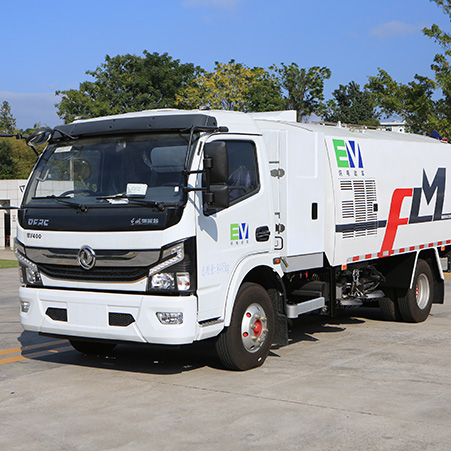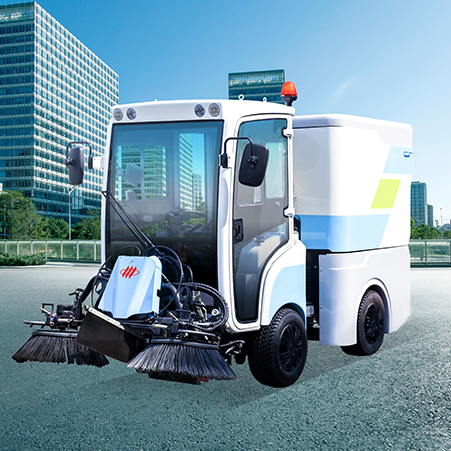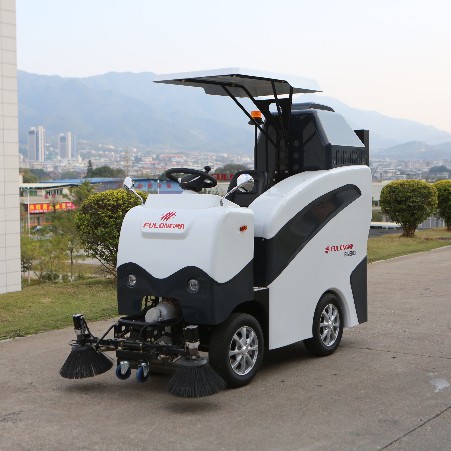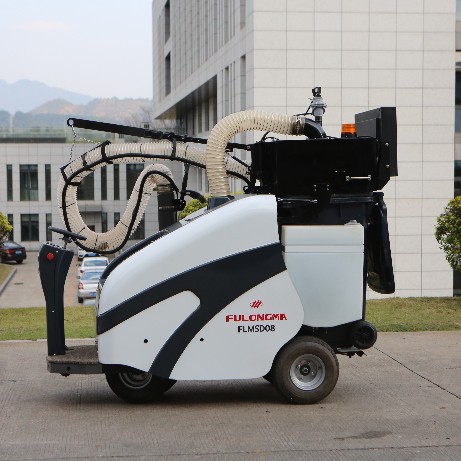In the bustling urban landscape, the cleanliness of streets and environments is not just a matter of aesthetics but a crucial factor in maintaining environmental health. Sweeper trucks stand as silent sentinels, diligently working to keep our surroundings free of debris, pollutants, and litter.
Clean streets and environments are essential for environmental health as they contribute to improved air and water quality, prevent the spread of diseases, and promote overall well-being. By removing pollutants and debris, sweeper trucks play a pivotal role in maintaining cleanliness and hygiene in urban areas.
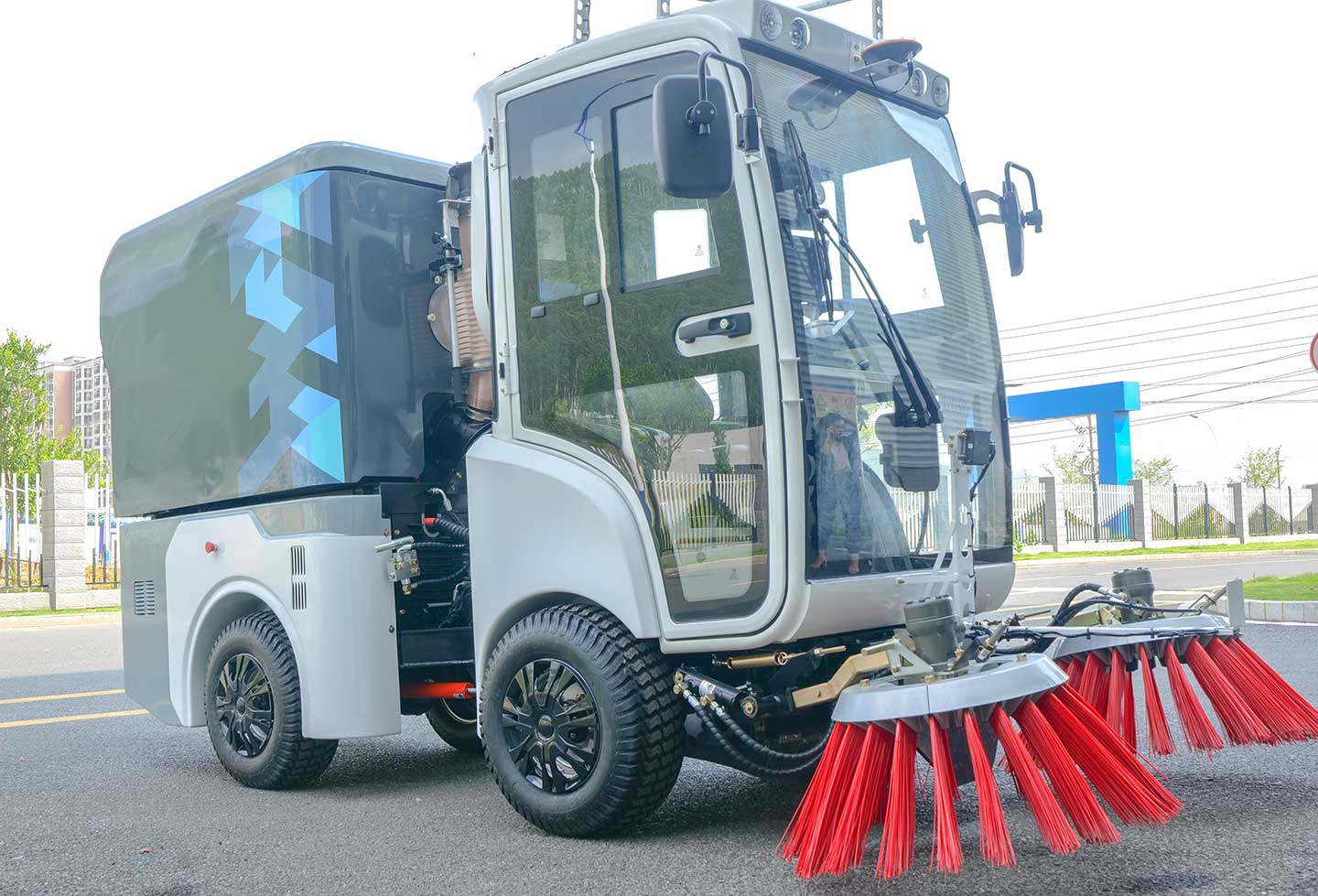
What are Sweeper Trucks?
Sweeper trucks are specialized vehicles equipped with mechanisms to clean streets, roads, and other paved surfaces. They come in various types, each designed for specific cleaning needs and environments.
Types of Sweeper Trucks
- Mechanical Broom: These trucks use rotating brushes to sweep debris and dirt into a collection hopper.
- Vacuum: Vacuum sweeper trucks utilize powerful suction to remove debris and pollutants from surfaces and transport them into a storage compartment.
- Regenerative Air: Regenerative air sweeper trucks use a combination of airflow and suction to lift and remove debris, minimizing dust emissions in the process.
The Role of Sweeper Trucks
Sweeper trucks contribute to environmental health in several ways.
Reducing Air Pollution
Sweeper trucks help reduce air pollution by removing particulate matter, dust, and debris from streets, thereby improving air quality and reducing respiratory health issues.
Preventing Water Pollution
By preventing debris and pollutants from entering stormwater systems and water bodies, sweeper trucks play a crucial role in preventing water pollution and protecting aquatic ecosystems.
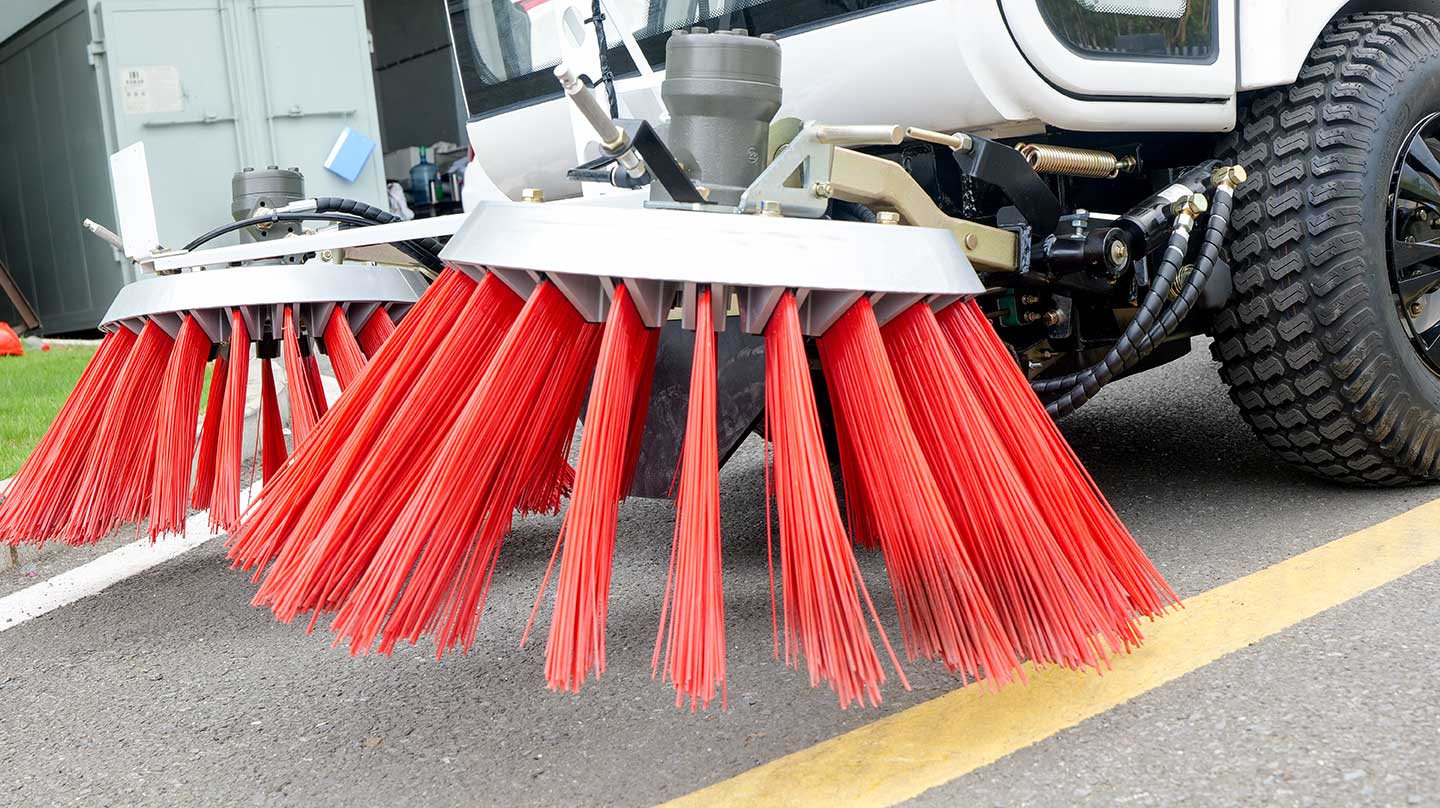
Minimizing Litter and Waste
Sweeper trucks minimize litter accumulation on streets and sidewalks, reducing the risk of disease transmission and creating cleaner, more sanitary environments for communities.
Promoting Sustainable Waste Management
These trucks contribute to sustainable waste management practices by collecting and disposing of debris and waste materials, thereby reducing the strain on landfills and promoting recycling efforts.
How Does Sweeper Trucks Work?
Sweeper trucks are engineered with complex systems to tackle different types of waste. They combine mechanical, vacuum, and regenerative air systems to ensure thorough cleaning. The collected waste is then transported to appropriate disposal facilities for further processing or recycling.
Conclusion
Sweeper trucks are indispensable assets in the quest for environmental health and sustainability. By diligently cleaning streets, preventing pollution, and promoting sustainable waste management practices, these vehicles play a vital role in creating cleaner, healthier communities.
Sweeper Trucks FAQs
How often are streets cleaned by sweeper trucks?
The frequency of street cleaning by sweeper trucks varies depending on factors such as the size of the area, the level of traffic, and local regulations. In busy urban areas, streets may be cleaned daily or multiple times a week.
What types of debris can sweeper trucks remove?
Sweeper trucks are designed to remove various types of debris, including litter, dust, leaves, sand, and small rocks. However, they may have limitations in removing large or heavy objects.
What safety measures are in place for operating sweeper trucks?
Safety measures for operating sweeper trucks include proper training for operators, adherence to traffic regulations, and the use of safety features such as backup cameras, warning signals, and reflective markings.
Operators are also trained to be vigilant of pedestrians and other vehicles while operating the truck.
What is the lifespan of a sweeper truck?
The lifespan of a sweeper truck varies depending on factors such as maintenance, usage, and environmental conditions. On average, a well-maintained sweeper truck can last anywhere from 5 to 10 years or more.
How are sweeper trucks powered?
Sweeper trucks can be powered by diesel engines, gasoline engines, or alternative fuel sources such as compressed natural gas (CNG) or electric batteries. The choice of power source depends on factors such as environmental regulations, fuel availability, and operational requirements.


